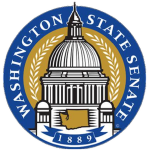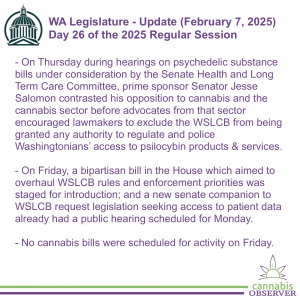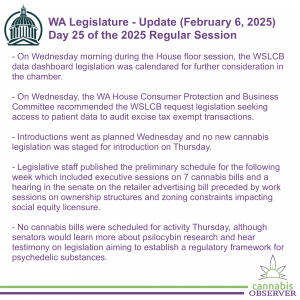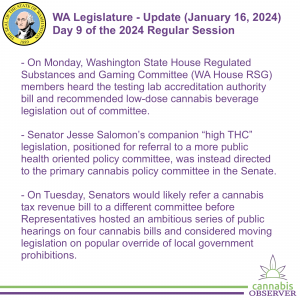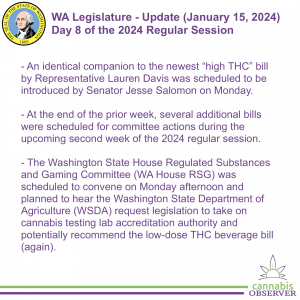The Washington State Senate Health and Long Term Care Committee (WA Senate HLTC) considers issues relating to health care services, long-term care, and developmental disabilities. The committee has oversight of the licensing and regulation of health care facilities and professions as well as pharmacies and pharmaceutical drugs. The committee deals with the financing of healthcare including private insurance and programs such as Medicaid and public employee benefits, as well as public health issues. The committee also considers behavioral health matters including mental health treatment, involuntary treatment, and children's mental health.
Washington State Senate Health and Long Term Care Committee
(WA Senate HLTC)
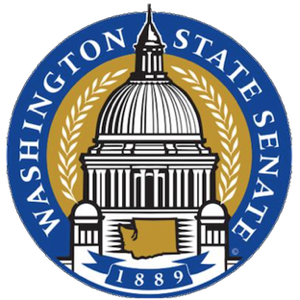
Public
Structural Relationships
-
Washington State Senate
(WA Senate) -
Washington State Senate Health and Long Term Care Committee
(WA Senate HLTC) -
Washington State Senate Health and Long Term Care Committee Behavioral Health SubcommitteeInactive
(WA Senate HLTC - BH)
Legislative Sessions
Observations
WA Legislature - Update
(February 7, 2025)
Perspectives about cannabis were shared during psychedelic substance hearings Thursday, and two new bills were staged for introduction on Friday including an overhaul of WSLCB enforcement priorities.
WA Legislature - Update
(February 6, 2025)
WSLCB data dashboard and patient data access bills were advanced before the preliminary schedule for next week was published detailing action on eight cannabis bills and two work sessions of interest.
WA Legislature - Update
(January 16, 2024)
By the end of Tuesday, Representatives tasked with oversight of the adult-use cannabis market were scheduled to have heard five bills and considered moving two in the first days of the week.
WA Legislature - Update
(January 15, 2024)
Companion “high THC” legislation was readied for the Senate, five additional bills were scheduled for committee actions, and two bills were poised for movement on Monday.
The Week Ahead
(February 3, 2020)
The Legislature planned to convene 8 public hearings and at least 8 executive sessions across 7 committee meetings while the WSLCB prepared to adopt a slate of new emergency rules.
The Week Ahead
(January 20, 2020)
11 cannabis-related bills were scheduled for consideration in 5 committee meetings while the WSLCB planned action on Cannabis Penalties and Quality Control Testing rules.
The Week Ahead
(November 18, 2019)
It’s an unusually busy week with four legislative committee work sessions, more emergency rulemaking by the State Board of Health, and a WSLCB work group on top of regular meetings.
